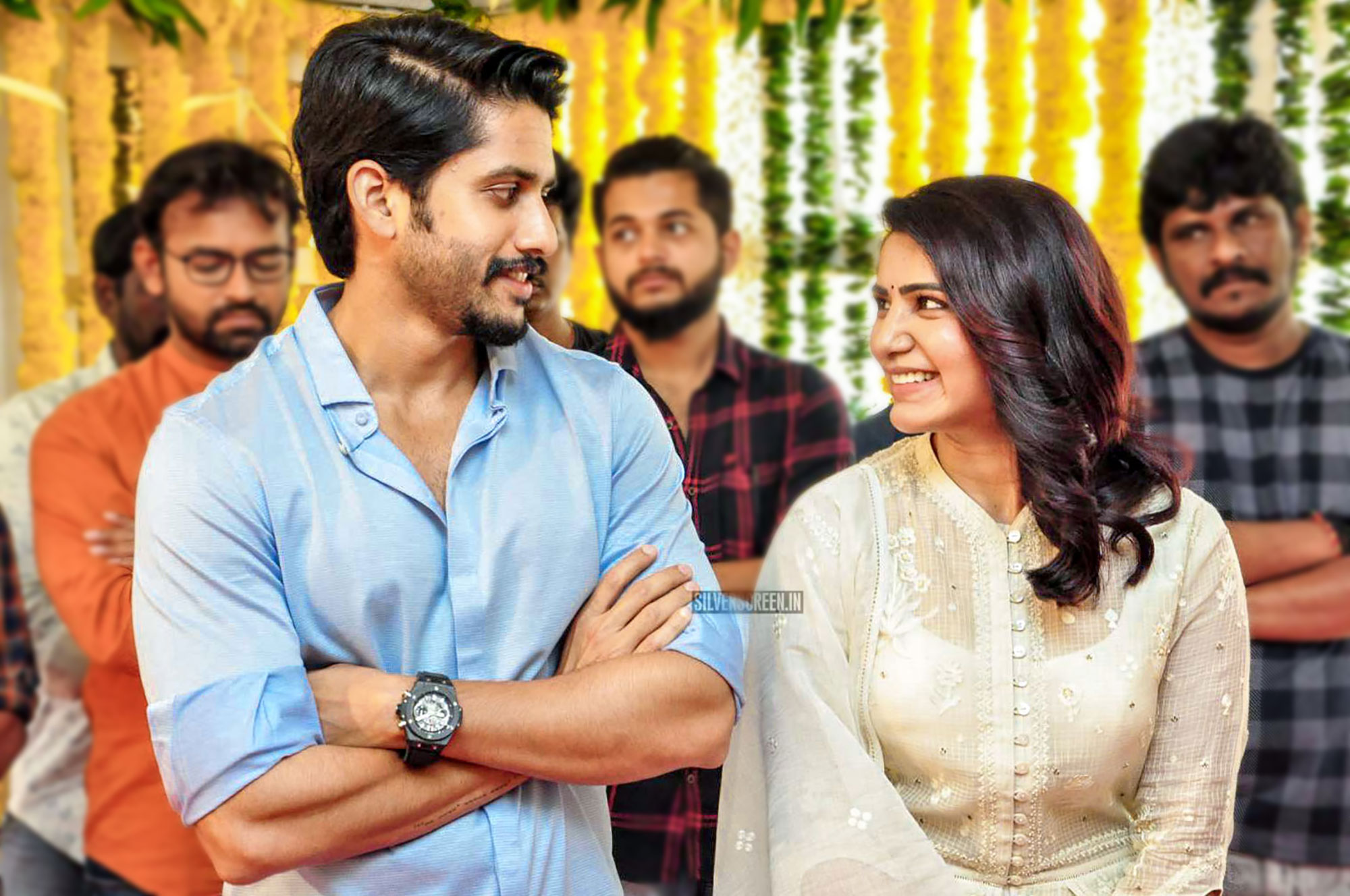Aryan Khan, son of actor Shah Rukh Khan and producer Gauri Khan, who was arrested in the cruise ship drugs case, walked out of jail on Saturday after being held in custody over 25 days.
The 23-year-old’s bail plea had been rejected twice earlier – once on October 8 by a Mumbai court and the second time on October 20 by the Special NDPS court. On both occasions, the NCB had alleged “conscious possession” of drugs and cited his “incriminating” WhatsApp chats as reasons to keep him in custody.
While rejecting his bail plea, the Special NDPS court had held two arguments presented by the NCB. The first one was Khan’s voluntary statements to the agency stating that he and his friend, Arbaaz Merchant, were in possession of the said substance for their consumption and enjoyment, which indicated “conscious possession.” The second was that his WhatsApp chats, according to the NCB, showed that he contacted several foreign nationals and unknown persons suspected of being part of an international drug racket.
The NCB also argued during every hearing that it was important to keep Khan and the other accused in custody as granting bail could hamper the investigation and potentially lead to the accused tampering with evidence.
Here, Silverscreen India breaks down the arguments from the NCB’s side:
Conscious possession
The NCB’s main argument in Khan’s case has been that while he was not found in possession, he was travelling with his friend, Merchant, and knew that the latter was carrying a small amount of drugs (in his shoe) and was thus in “conscious possession” of the contraband.
On Thursday‘s hearing as well, the Additional Solicitor General (ASG) argued in front of the High Court that Khan and Merchant were going to the cruise party together and would be put up in the same room. Further, talking about the applicability of section 8(c) of the Narcotic Drugs and Psychotropic Substances Act, 1985 to Khan, the ASG said that the scope of the section (which deals with the production, possession, selling, purchase, transportation, use, consumption, import or export of any narcotic substance) was “very wide,” and argued, “Therefore, there may be a case that 8(c) will apply to a person who has not consumed the drug but is found in possession.”
Responding to similar arguments made by the ASG earlier, former Attorney General Mukul Rohatgi, who was appearing for Khan, had argued on Tuesday that there was no “conscious possession” of drugs in this case. Rohatgi had told the court, “If I am driving a car and something is in the car, there could be conscious possession. What somebody else had in their shoe is not my concern.”
Previously, in other cases, the term “conscious possession” and the judgments have all differed. For example, in the 2010 case of Dharampal Singh v State of Punjab, the Supreme Court had established that knowledge of possession of contraband has to be gleaned from the facts and circumstances of a case. The court further stated that conscious possession would not only have to be proved by the prosecution but also disproved by the accused.
In another instance, in the 2011 case of Ram Singh vs Central Bureau Of Narcotics, the Supreme Court had said that one cannot be said to be in possession of contraband belonging to another unless it is proved that it was left in the former’s custody.
In Khan’s case, his lawyers have maintained from the start that he was merely a guest invited to the cruise party and had no information of drugs being carried by Merchant.
The “incriminating” WhatsApp chats
The second and most important argument the NCB has made repeatedly in Khan’s case is that his WhatsApp chats have revealed links to international persons who could be part of a bigger drug ring.
In fact, during Thursday’s hearing, when the High Court asked the ASG what the basis was for the NCB’s argument that Khan deals with “commercial quantities,” the ASG replied, “The WhatsApp chat will show he made an attempt to deal with commercial quantity.”
Previously, the NCB had argued that in one of Khan’s chats there was an alleged discussion about “bulk quantities of hard drugs” which pointed towards “illicit drug trafficking.”
Rohatgi, however, has maintained that the chats recovered by NCB are not related to the cruise.
Earlier, speaking to Silverscreen India, advocate Nikhil Mehra had explained that while WhatsApp chats were a weak basis for withholding bail, the court could still consider such evidence admissible during trial, provided their authenticity is established. However, he had also added, “If [Khan] simply denies having actually typed those chats or explains them otherwise, then the NCB will be stuck with the rather massive problem of possessing no other physical evidence.”
Commercial quantity
The NCB’s argument that Khan allegedly deals with commercial quantity of drugs, and that he was arrested on October 3 along with people who were in possession of drugs of such quantity, is also a crucial one.
Recommended
On Thursday, the ASG said, “When we apprehended them, multiple drugs were found from eight people.”
When the court asked if a “cumulative effect” should be given in this case, the ASG responded that “it has to be investigated.”
Section 37 of the NDPS Act, 1985 states that if any person is apprehended with a commercial quantity of an illegal substance, they shall not be released on bail unless the court is satisfied that there are reasonable grounds for believing that they are not guilty of such offence and are not likely to commit any offence while on bail.
In Khan’s case, while his arrest memo mentions commercial quantity, the NCB is yet to prove the same. In fact, the agency has time and again said that Khan was not found in possession and there is no consumption charge against him either.



